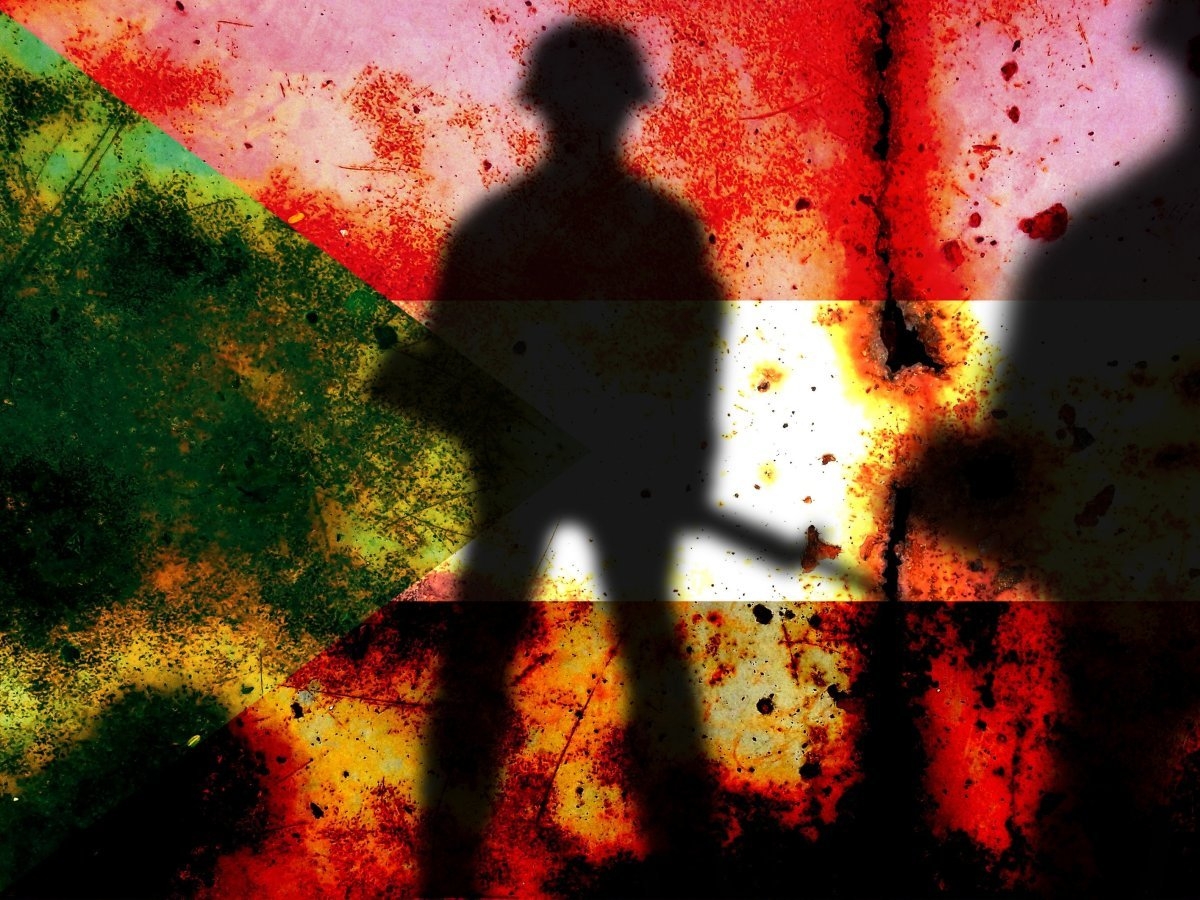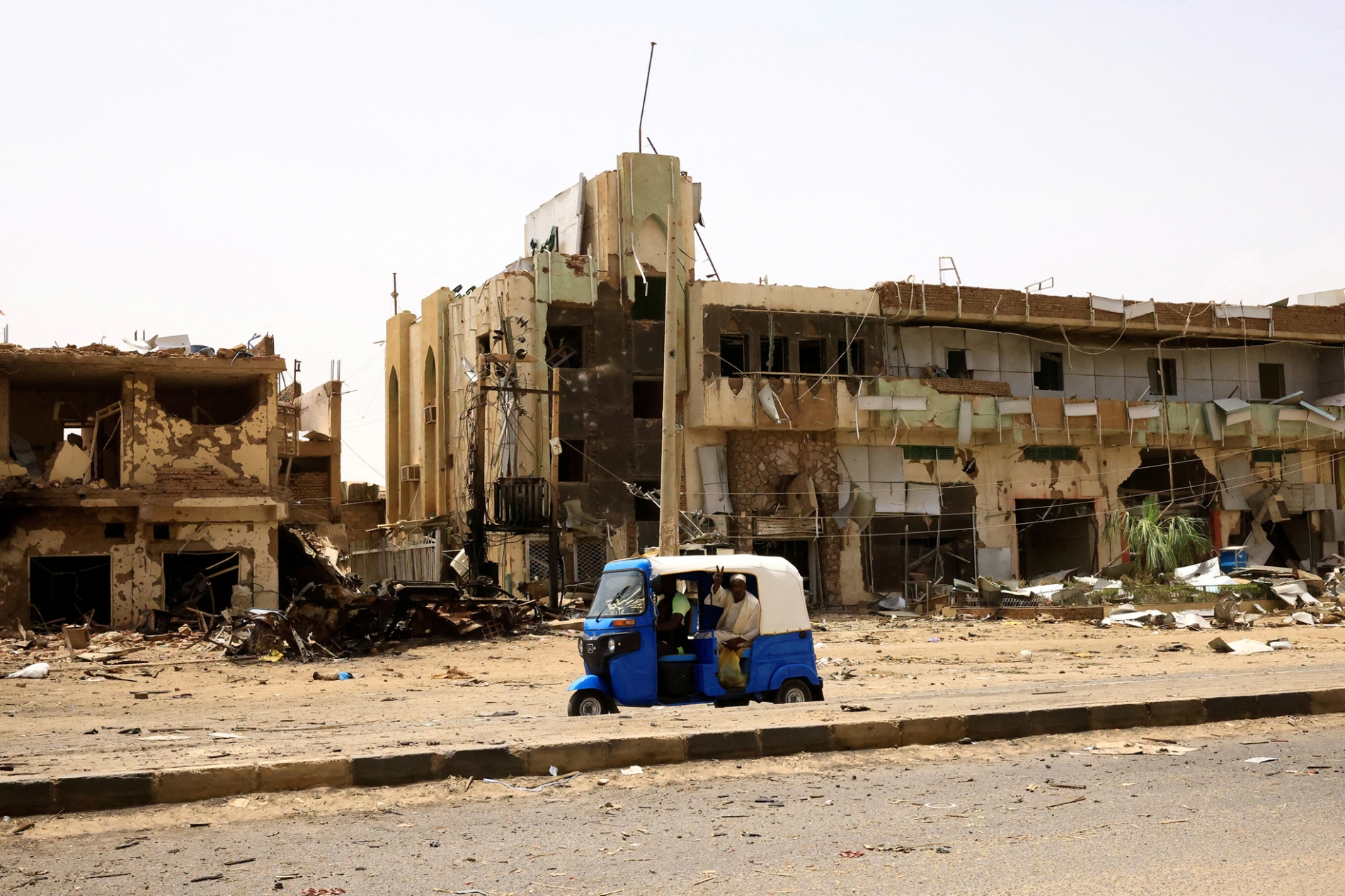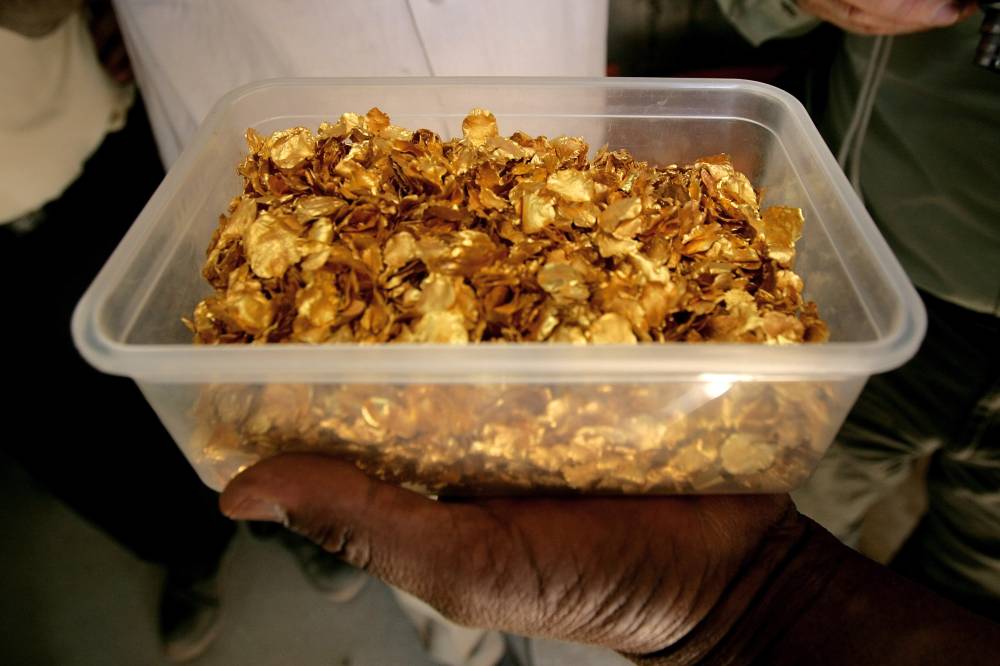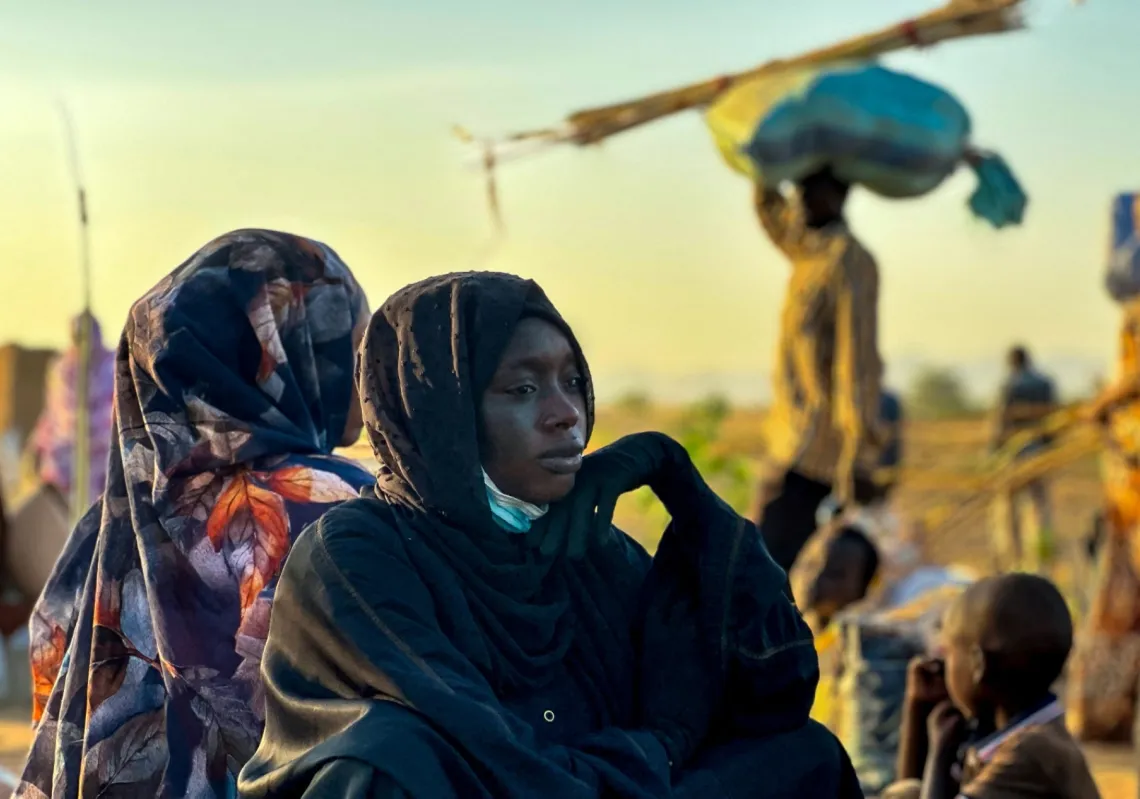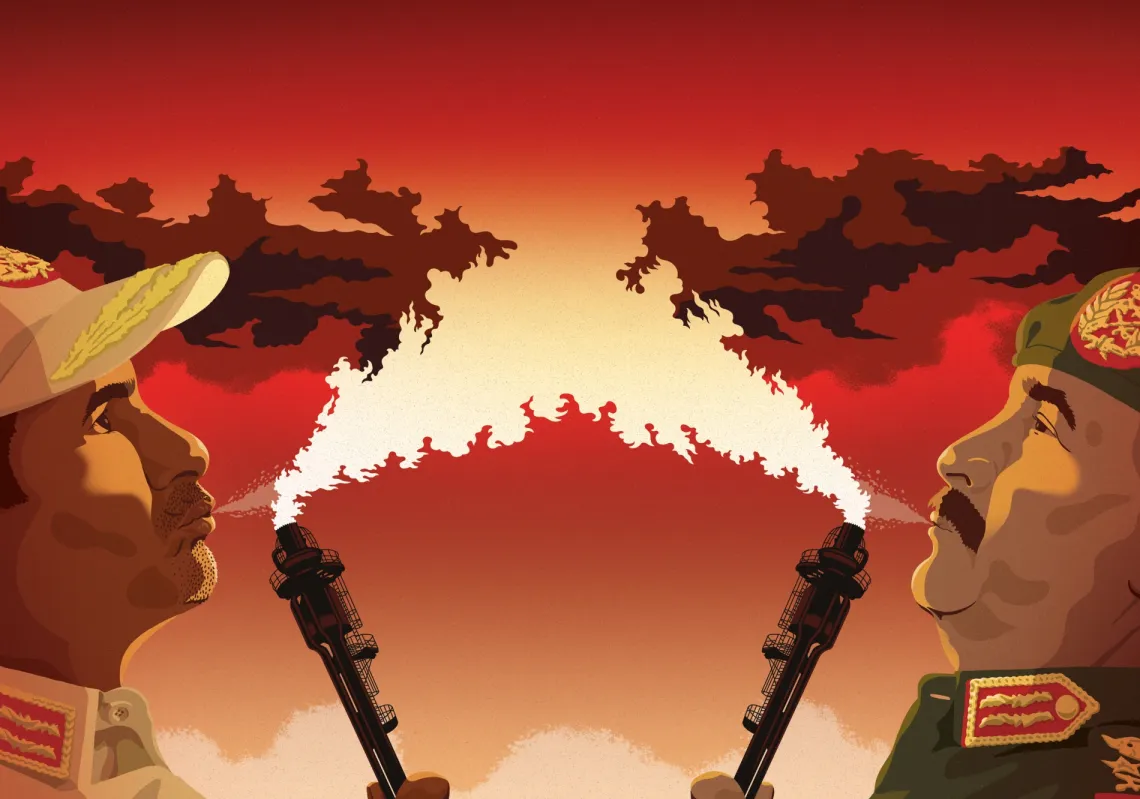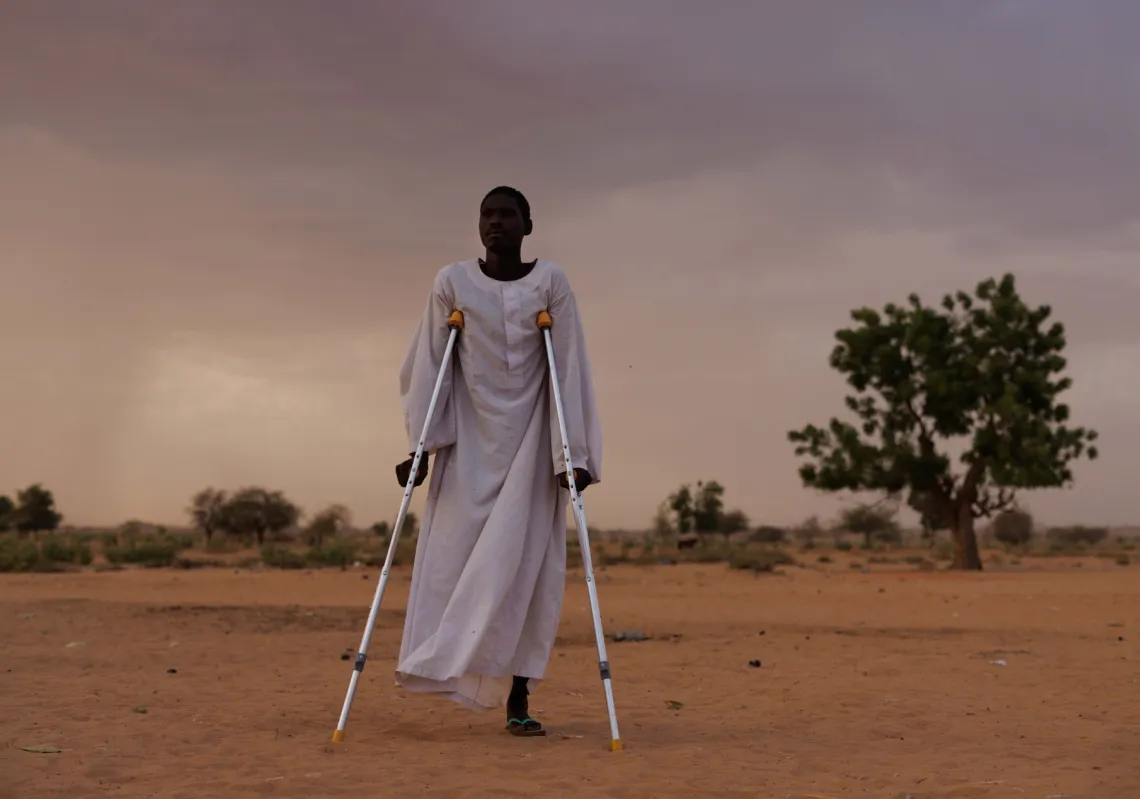When Sudanese leader Omar al-Bashir established the Rapid Support Forces (RSF) militia in 2013, it marked the hollowing out of state institutions and a growing reliance on paramilitary forces that would ultimately become self-destructive. The effects of such a structural decay had been seen years earlier, in the collapse of Somalia in the late 1980s and early 1990s. In both cases, rulers abandoned legitimacy in favour of repression and replaced national institutions with private militias.
A decade ago, some thought such warnings were exaggerated, arguing that Sudan had robust institutions and that it had endured wars in the past. Yet the fire had already been lit, with Bashir's regime deliberately eroding state cohesion. He sought to consolidate power by fragmenting potential threats. The emergence of the RSF was the clearest expression of that strategy. It was a militia created not out of necessity or national interest, but from a dictator's obsession with perceived threats.
Today, with war raging between the Sudanese Armed Forces (SAF) and the RSF, it is a grim prophecy come true—a force created to protect the state has turned against it. No longer a cautionary tale, this has become a lived reality, defined by terror, uncertainty, power struggles, atrocities, and the agendas of foreign actors.
Gradual erosion
State collapse occurs when a political entity that monopolises power and sovereignty within its borders loses the capacity to uphold that monopoly. State institutions—such as the military, police, judiciary, civil service, and treasury—gradually erode until they can no longer maintain control over the state's territory, population, or resources. In this context, the privatisation of legitimate violence is not merely a consequence of state failure, but one of its central mechanisms.
Once the state relinquishes its monopoly on force, a spiral of militia‑building begins, and the machinery of governance devolves from a coherent structure into a patchwork of armed fiefdoms vying for resources and legitimacy. The state does not topple dramatically; instead, it slowly disintegrates from within as it consents to share its sovereign violence with others.
When the RSF was established in 2013 under the command of Mohamed Hamdan Dagalo (known as Hemedti), some felt it was a practical security measure. At the time, the SAF was burdened by ongoing conflicts with armed resistance movements, demoralised by economic collapse, and dealing with the secession of South Sudan in 2011. Al-Bashir and his Islamist allies feared not only insurgencies (in Darfur, South Kordofan, the Nuba Mountains, and Blue Nile), but an internal army coup.
Their solution—the launch of the RSF, a rebrand of the Janjaweed militia—was reckless by any standard. A loyal force grounded in ethnic chauvinism, tribal patronage, and political bribery, it was tasked with safeguarding the regime's survival. In effect, this was a private army. Its first state involvement (in Khartoum in September 2013) resulted in the deaths of over 200 peaceful protesters.
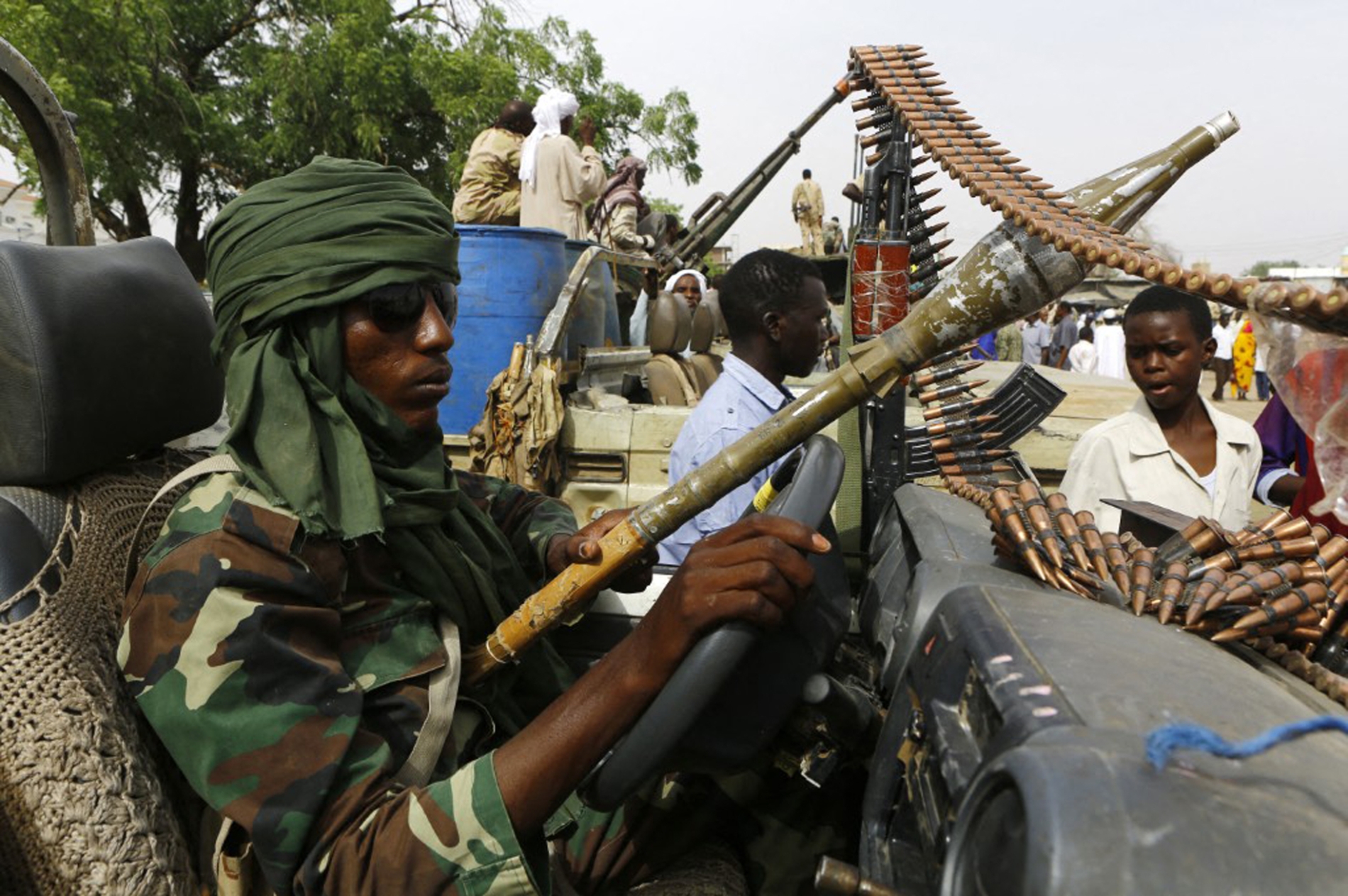
Rise to prominence
In place of Sudanese state sovereignty and a monopoly on the use of force, a marketplace of violence had emerged. Sudan's gold reserves were now an obvious target. Funds and weapons circulated outside official budgets, mines were taken over, and impunity became widespread. Lt. Gen. Taha Osman al-Hussein, al-Bashir's chief of staff, began correcting anyone who referred to the RSF as "Hemedti's forces," saying, "No, these are Hemaity forces," the Arabic word for "my own protection".
The SAF was assigned a superficial role overseeing the RSF, but by 2017, the cost of that policy had become apparent. Three SAF Generals (Mustafa Osman al-Obaid, known as Abu Ashara; Imad Adawi; and Ismat Abdel Rahman, the interior minister) were dismissed to pave the way for legislation to place the RSF under a formal SAF umbrella. In reality, it came under al-Bashir's direct command and personal authority, depriving the army of genuine control. Now, he was the sole arbiter between the RSF and SAF.


